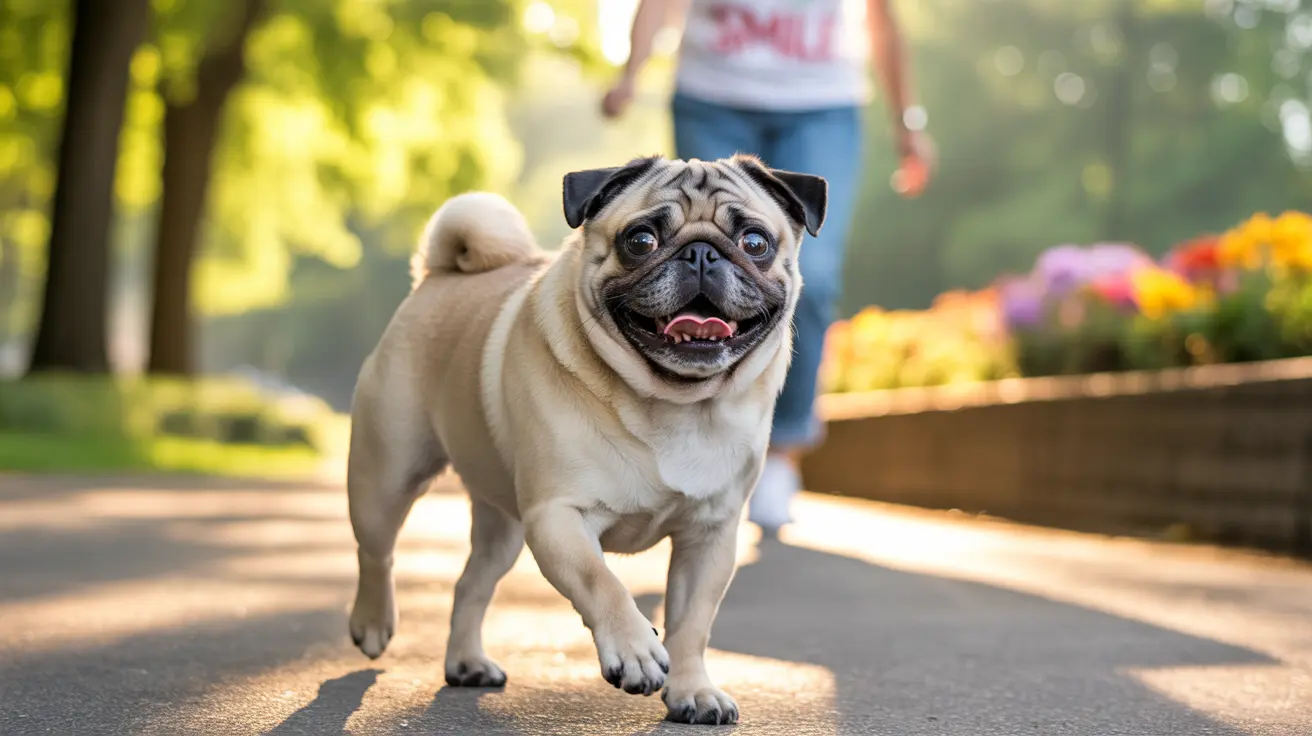If you're a dog owner who frequents Starbucks, you've probably wondered about those adorable Puppuccinos - but are pup cups bad for dogs? While these whipped cream treats can be a safe occasional indulgence for most healthy dogs, there are important factors to consider before making them a regular part of your pup's treat rotation.
Let's explore everything you need to know about Puppuccinos, from their ingredients and safety considerations to proper serving guidelines that help keep your furry friend healthy and happy.
What's Actually in a Puppuccino?
A Starbucks Puppuccino is simply whipped cream served in a small espresso-sized cup. While not officially on the menu, most locations offer them free of charge upon request. Importantly, these treats contain no coffee, caffeine, or other harmful substances - just dairy-based whipped cream.
Health Considerations for Dogs
While whipped cream isn't toxic to dogs, several health factors should influence whether your pet should have a pup cup:
Lactose Intolerance
Many dogs are lactose intolerant, meaning their bodies don't produce enough lactase enzyme to properly digest dairy products. This can lead to uncomfortable symptoms like gas, bloating, and diarrhea.
Calories and Fat Content
Whipped cream is high in fat and calories, which can contribute to weight gain if given too frequently. For dogs prone to obesity or those with conditions like pancreatitis, even small amounts of high-fat treats can be problematic.
When to Skip the Pup Cup
Some dogs should avoid Puppuccinos entirely, including those with:
- Dairy allergies or severe lactose intolerance
- Diabetes
- Pancreatitis
- Obesity
- Sensitive stomachs
- Other dietary restrictions
Safe Serving Guidelines
If your dog has no health concerns that would prevent them from having dairy, follow these guidelines:
- Limit treats to once every 1-2 weeks
- Start with a small amount to test tolerance
- Watch for signs of digestive upset
- Consider your dog's size when portioning
- Always consult your veterinarian if unsure
Healthier Alternatives
If your dog can't have traditional pup cups, consider these alternatives:
- Plain pumpkin purée (no added sugar)
- Coconut whipped cream
- Frozen plain yogurt (if tolerated)
- Homemade dog-safe smoothies
Frequently Asked Questions
Are pup cups bad for dogs if given occasionally or in moderation?
No, pup cups aren't inherently bad for dogs when given occasionally to healthy pets. However, they should be treated as a special indulgence rather than a regular treat, limited to once every 1-2 weeks at most.
What ingredients are in a Starbucks Puppuccino and are they safe for dogs?
A Starbucks Puppuccino contains only whipped cream, which is generally safe for dogs who can tolerate dairy. It contains no coffee, caffeine, or chocolate, which would be harmful to dogs.
Can dogs with allergies or lactose intolerance have a pup cup?
Dogs with dairy allergies or severe lactose intolerance should not have pup cups. These conditions can cause uncomfortable or potentially serious reactions to dairy products.
How often can my dog safely have a pup cup without risking health problems?
For healthy dogs who tolerate dairy well, limiting pup cups to once every 1-2 weeks is generally safe. However, frequency should be adjusted based on your dog's size, overall diet, and individual health needs.
What are healthier alternatives to Starbucks Puppuccinos for dogs with dietary restrictions?
Healthier alternatives include plain pumpkin purée, coconut whipped cream, or homemade frozen treats using dog-safe ingredients. Always consult your veterinarian for specific recommendations based on your dog's dietary needs.
Conclusion
While pup cups aren't inherently bad for dogs, they should be approached thoughtfully and given in moderation. Understanding your dog's individual health needs and tolerances is key to deciding whether these treats are appropriate for your furry friend. When in doubt, consult with your veterinarian or choose healthier alternatives that better align with your dog's dietary needs.






